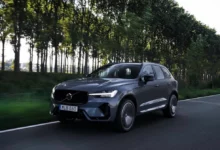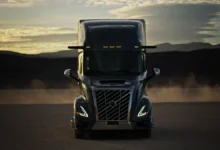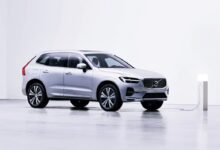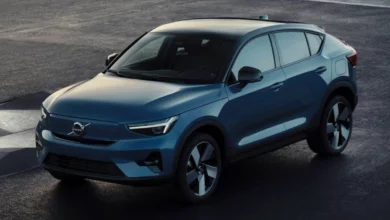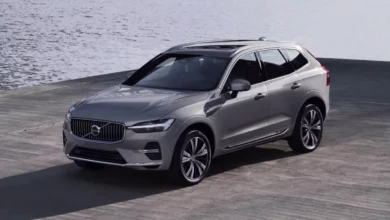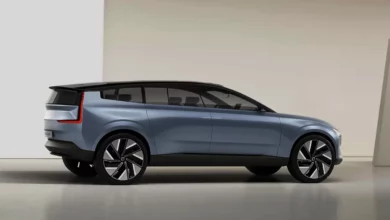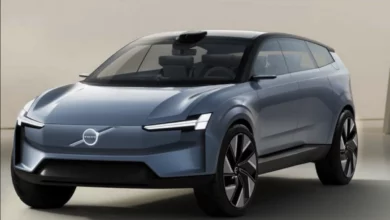Volvo XC60 Models Will be Electrified by 2024
Volvo XC60 Models Will be Electrified by 2024
Volvo XC60 Models – Volvo Cars have become the first traditional automaker to design its next generation of cars with only electrified powertrains in mind. The decision was made because Volvo has no plans to offer a diesel- or gasoline-powered car in the future. While many automakers have announced their intentions to introduce EVs, Volvo claims it will be one of the first companies to follow through on its promise as demand for battery-powered and hybrid vehicles rises worldwide.
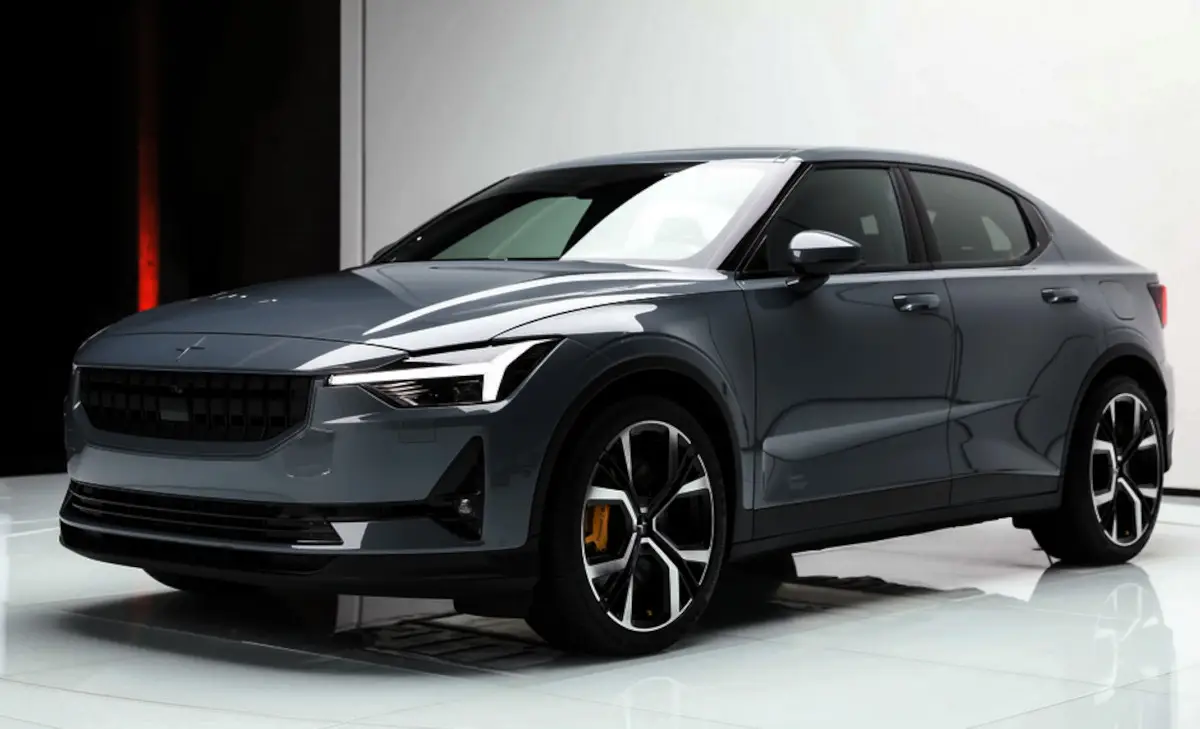
Volvo Cars, the Swedish automaker, announced that all of its models will be electric by 2030. The company is betting that electric cars will become the norm in the next decade and wants to be ahead of the curve.
Volvo Cars will invest an additional $118 million into its Ridgeville plant to increase electric vehicle production. The move is part of the company’s plans to boost EV output globally by 50% in the next few years.
Volvo has announced that it will focus on crossovers, electrification, and the latest technology in the coming years. The company plans to launch five new crossovers by 2022, and it is also investing in new technologies such as electric vehicles and autonomous driving.
Volvo’s upcoming line of electric vehicles will borrow design cues from the Concept Recharge shown at last year’s Tech Moment.
An all-electric version of XC60 is coming and could debut in 2024
Volvo has announced that it plans to release an all-electric version of its XC60 SUV in the next few years. The new model is expected to debut in 2024, and it will be the company’s first all-electric SUV. Currently, Volvo is conducting an extensive evaluation program with a fleet of 40 XC60 T8 plug-in hybrid SUVs. This group of vehicles has been subject to numerous driving conditions and tests in real-world situations.
2024 Volvo XC60 Technological Features
Volvo is also showcasing new technological features at the show, including self-adjusting seats that automatically adjust to keep passengers safe and comfortable. These seats use sensors to sense whether the driver is a light, average or heavy-set person and adjust accordingly to support the optimal driving position. Additional features Volvo will display are also on the way to market soon, including an improved version of IntelliSafe Auto Pilot.
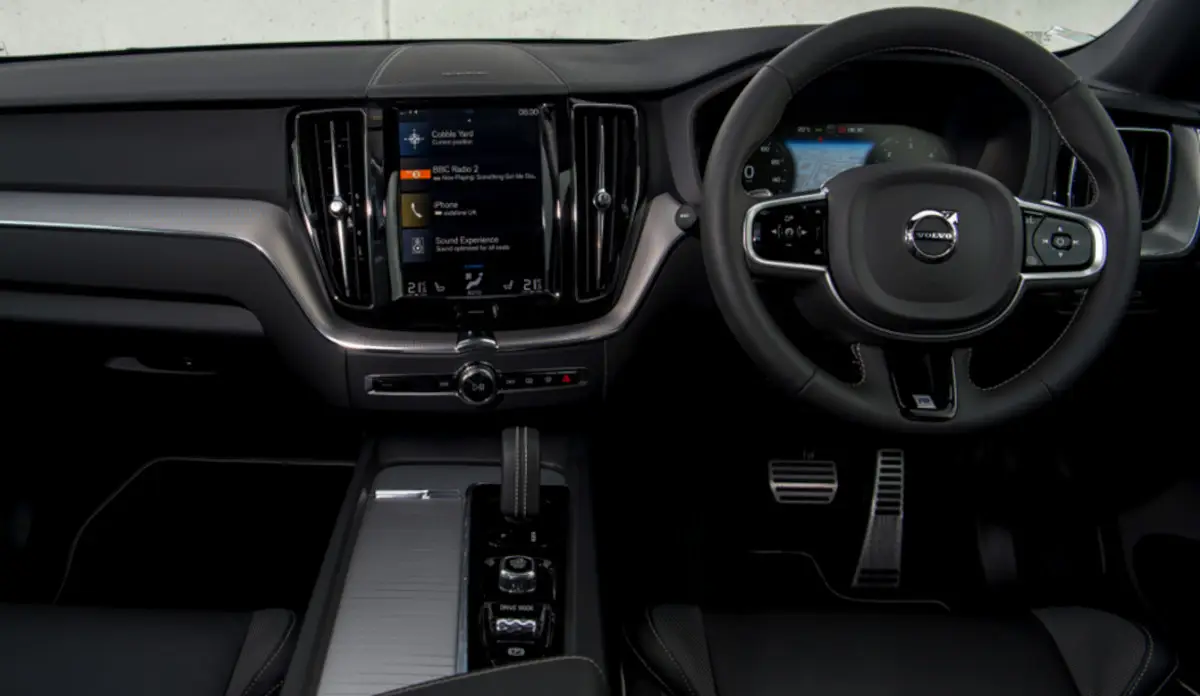
Volvo Luminar Technologies also showed off its lidar sensor, which is designed to provide high-resolution 3D images for autonomous driving. Unlike Velodyne’s units, which use spinning antennas to generate 3D images of their surroundings, Volvo’s lidar uses a single laser beam to measure range in all directions. The technology is still in the lab-testing phase and isn’t expected to be offered as a production unit until 2022.

